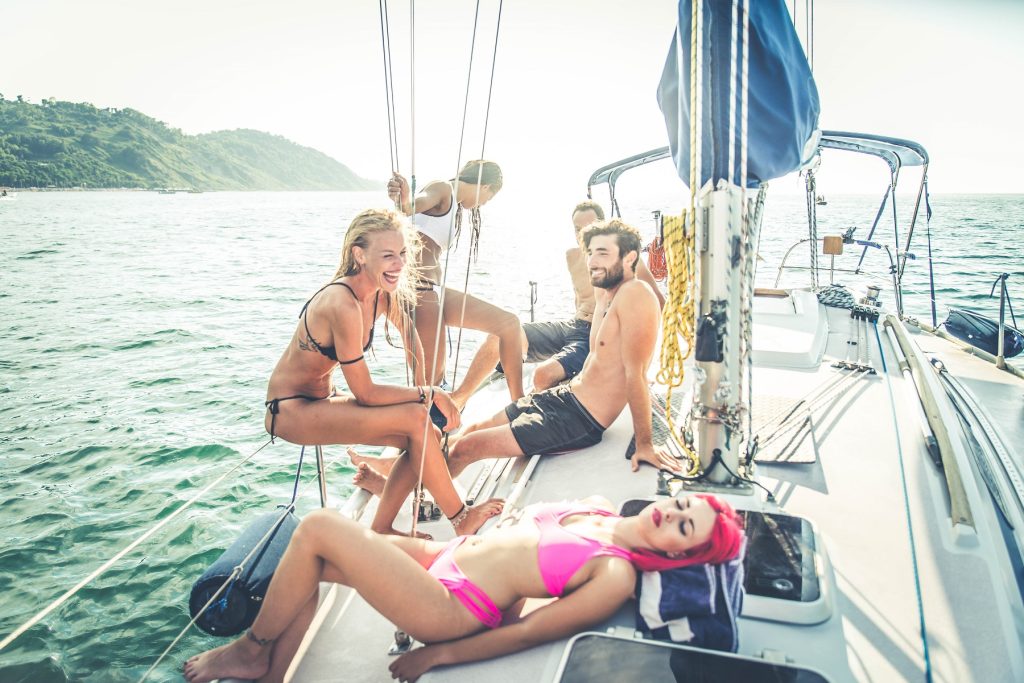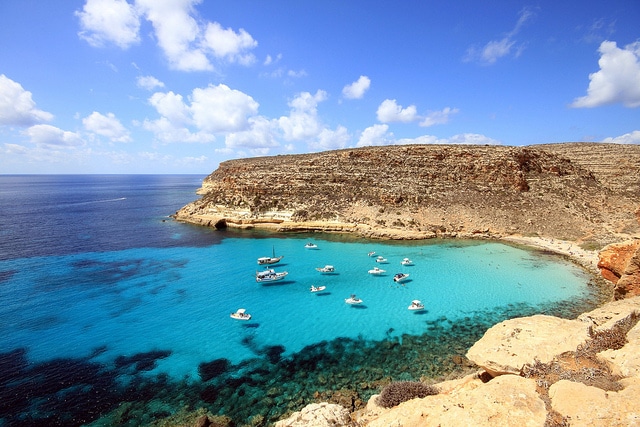There’s nothing quite like sailing through the Greek islands. The clear waters, charming harbours, and endless sunshine create an experience that’s hard to match. Whether you’re setting off from Lefkada or planning a longer route through the Aegean, getting your boat in top shape is key. Good preparation not only makes your trip safer but also far more enjoyable.
5 Steps to Prepare for Your Sailing Trip

Check the Boat from Bow to Stern
A proper check-up before departure can save you from a lot of unnecessary stress. Start with the hull, making sure there’s no damage, cracks, or signs of wear below the waterline. Inspect the rudder and propeller for any issues, especially if the boat’s been sitting idle.
Move on to the rigging and sails. Even small frays in the lines or seams in the sails can become a problem once you’re out at sea. If anything looks questionable, it’s better to replace it now than take the risk.
The engine should be next on your list. Make sure it starts easily and runs smoothly. Top up fluids, inspect filters, and check the cooling system. If the engine has been serviced recently, that’s a bonus—but don’t skip the basics.
Don’t Overlook Safety and Navigation
Safety equipment is not something to take lightly, especially when sailing in a foreign country. Make sure your lifejackets are in good condition and easy to access. Fire extinguishers must be charged and within reach. Flares, torches, and your first aid kit all need to be in working order and within date.
Navigation is just as important. While most skippers rely on GPS, you should also carry up-to-date paper charts, especially around the smaller islands where coverage can be patchy. Make sure your depth sounder and compass are accurate, and that you have a working VHF radio.
Prepare for Local Conditions
Greece offers a mix of calm and windier regions, so be aware of where you’re sailing. The Ionian is generally milder, but in the Aegean, you may face strong seasonal winds, especially the Meltemi during summer. Your sails should be in good condition and your reefing lines ready to use.
Anchoring is a big part of the Greek sailing experience. You’ll find plenty of bays perfect for an overnight stay, but each spot may have a different seabed, sand, weed, or rock. Make sure your anchor is suitable for varied conditions, and double-check the chain for rust or weak points.
Find Quality Gear Where It Counts
If you need to replace or upgrade your equipment before setting out, look for gear built to handle Mediterranean sailing. Seactive, a Greece-based marine equipment supplier, offers a wide range of practical, well-made products suited to local conditions. From anchoring gear and tools to navigation aids and sailing accessories, their collection focuses on quality and performance for boats of all sizes. Whether you’re after durable ropes, reliable electronics, or simple essentials, it’s a good place to start.
Take Care of Paperwork and Provisions
Before heading out, be sure your paperwork is sorted. That includes your boat registration, insurance documents, and your skipper’s licence or sailing certification. If you’re chartering, make sure you’re clear on what’s included and what’s expected of you before departure.
As for supplies, stock your boat with plenty of fresh water, basic food, and cooking essentials. Greek islands offer wonderful food, but it’s smart to be self-sufficient, especially if you’re planning to anchor away from towns. Think about shade, sun protection, and comfort too, sunhats, lightweight clothing, and a good pair of sunglasses can make a big difference.
With the right preparation, your Greek sailing trip becomes more than just a holiday. It’s a journey through some of the world’s most scenic and storied waters, best enjoyed with confidence and peace of mind.














